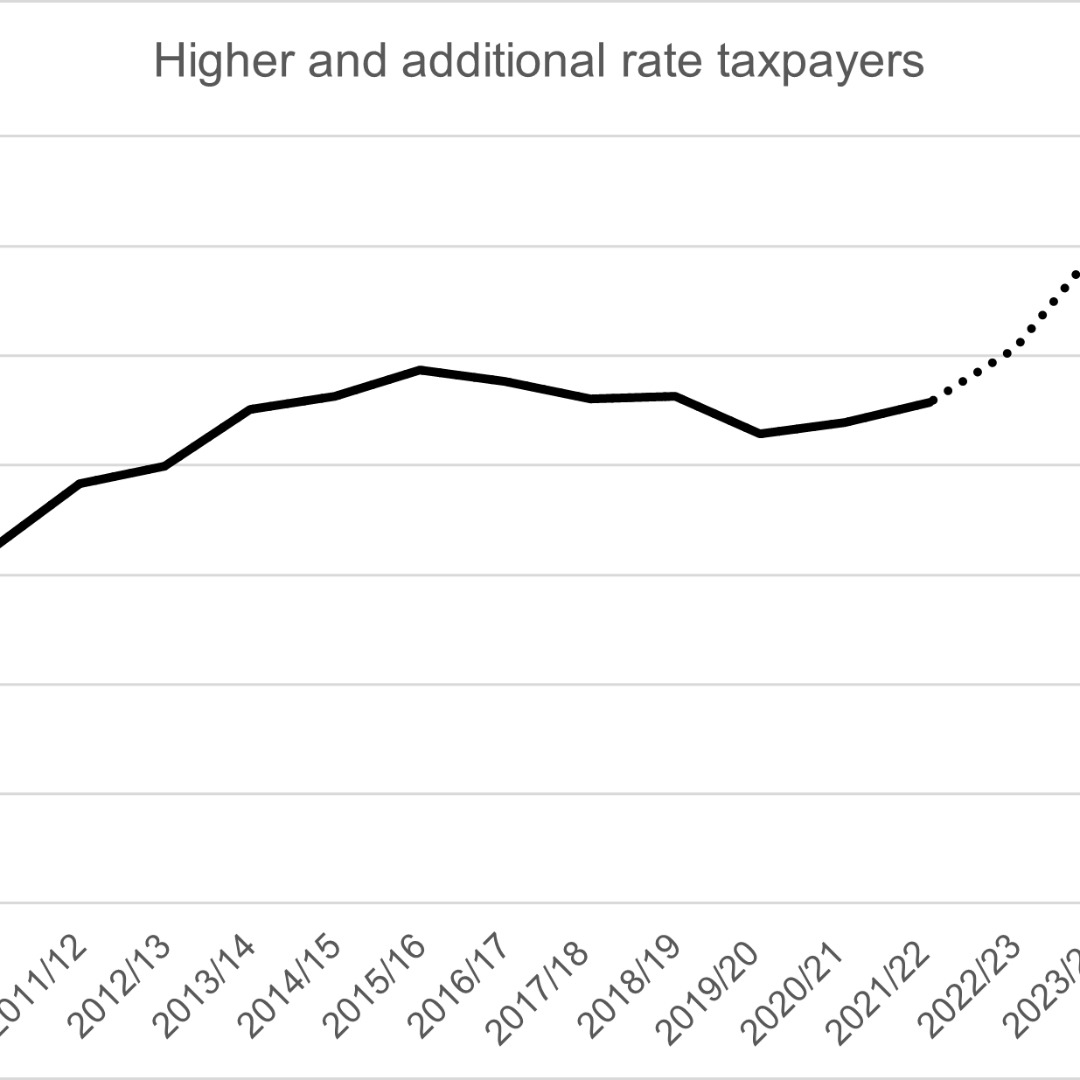New HMRC statistics have shed some light on how many companies are affected by the recent hike in corporation tax rates. Just over 1.5 million companies paid corporation tax for the financial year to 31 March 2022, but only 7% fell above the £50,000 small profits threshold.
Although fewer than 100,000 companies are likely to be facing the 26.5% marginal rate of corporation tax where profits fall between £50,000 and £250,000, they will be mainly owner-managed companies with owners keen to mitigate the tax increase.
For a company with a 31 March year end and profits of £200,000, this year’s corporation tax bill is going to be £11,250 higher than last year.
Director’s self-invested personal pension (SIPP)
Even if a director has not previously been in favour of making sizable pension contributions, there can now be a compelling case for doing so.
- With a marginal tax rate of 26.5%, investing the maximum £60,000 into a SIPP will save corporation tax of £15,900.
- Once the director reaches 55, 25% of the pension fund can be withdrawn tax free, but virtually immediately if a director is already 55.
- There will be an overall tax saving if the tax rate eventually paid on pension withdrawals – taking into account the tax-free element – is less than 26.5%.
Even if there is no overall tax advantage as such, there will still be a timing benefit. The current year’s corporation tax bill is cut, but the tax cost does not apply until the director receives their pension income.
Mitigating cost and risk
By choosing a low-cost provider, the annual cost of maintaining a SIPP can be kept to a minimum.
If there are only a few years until retirement, a director might not want to be exposed to stock market volatility. This risk can be avoided by investing in fixed-term cash deposit accounts.
A basic guide to SIPPs can be found here.
Photo by micheile henderson on Unsplash







